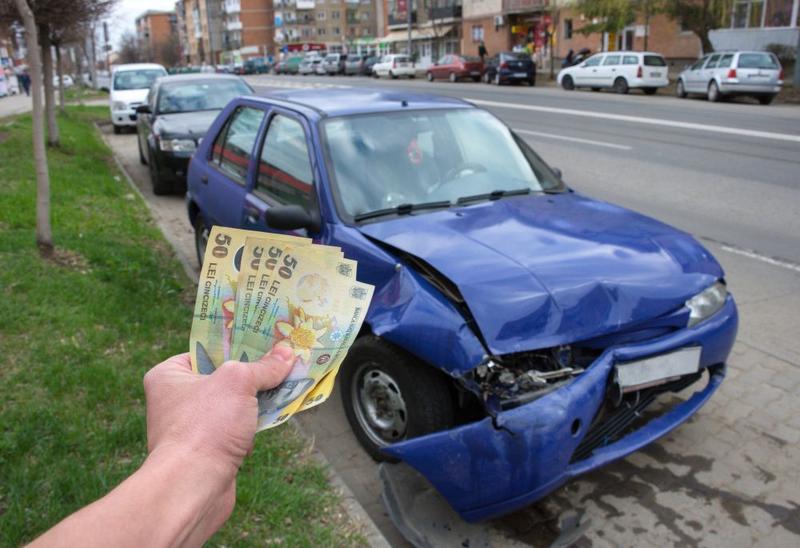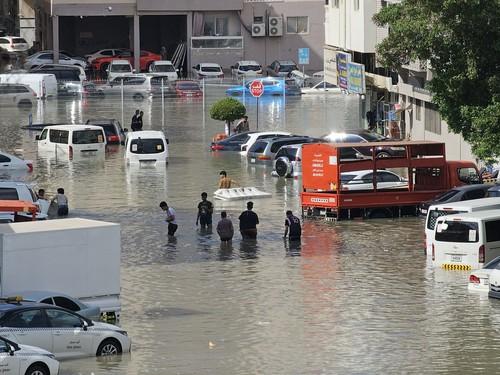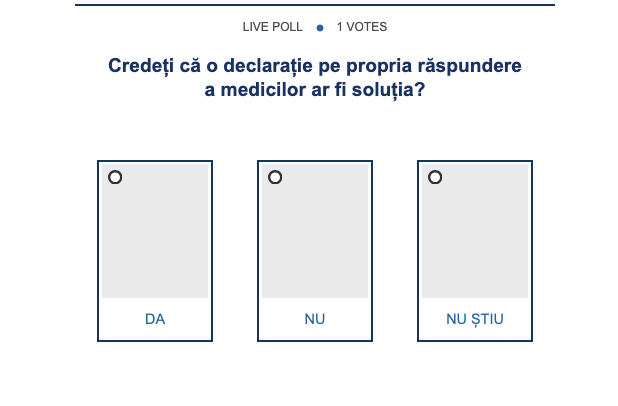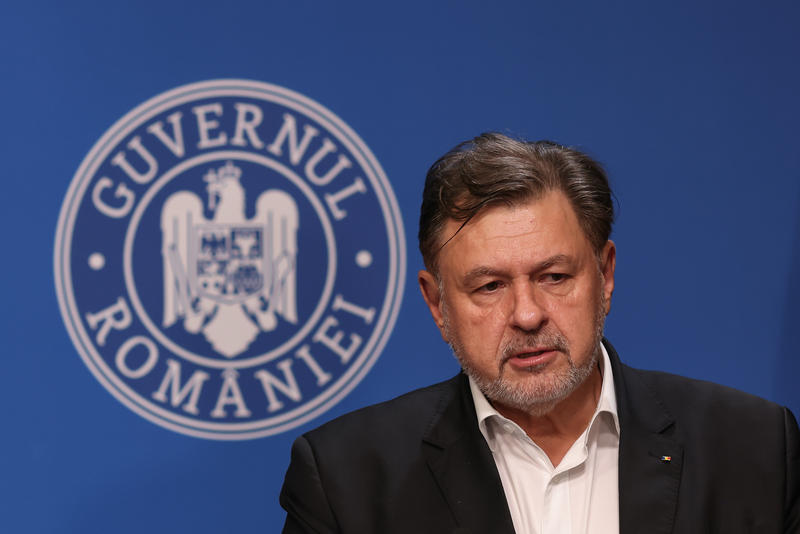The "Arms for Egypt" operation happened under Basescu's nose. Elsewhere in the news, foreign investors in Romania ask for damages more substantial than the next IMF instalment. Last but not least, the years of communism, poverty, the authorities' lack of interest for accessing European funds and the youth leaving to cities has left the Romanian village in a pitiable state.
The "Arms for Egypt" operation happened under Basescu's nose, Cotidianulreads. The newspaper reveals an arms transport performed by Mustafa Tartoussi, one of the men investigated in the Omar Hayssam trial. IMAM T is the ship that transported a container with arms to Egypt in March, 2008, carrying Serbian arms to Alexandria, leaving from Constanta (South-East Romania). Tartoussi used it the through his company, Askila Shipping.
The same ship carried Omar Hayssam to Egypt in 2006. Tartoussi had received interdiction to leave Romania months ago because of the investigations in the Omar Hayssam trial, the escaped Syrian businessman sentenced to 20 years of prison in Romania for his involvement in the kidnap of three Romanian journalists in Iraq.
Tartoussi's company was authorised by the Romanian authorities to perform the arms transport. The exporter was the Serbian company BETRAM EXPORT-IMPORT and the receiver, HELIOPOLIS CO. IMAM T underwent a NATO control in the Mediterranean Sea, led by Captain Mathew Sharp, without any problems.
Foreign investors ask for damages more substantial than the next IMF instalment, Evenimentul Zilei reads. Romania has four trials at the Washington Arbitration Court. It could cost the state 1.16 billion euros, a sum larger than the next IMF instalment for Romania (1 bln euros).
The Rompetrol Group (TRG) Netherlands initiated the trial in 2005, while under Romanian businessman Dinu Patriciu's management. The company claims it has been harassed by the Romanian authorities and that the Romanian state breeched the inter-governmental agreement between Romania and the Netherlands regarding promotion and protecting investments. TRG asks for 93.4 million euros worth of damages.
It was also in 2005 when Romania was called to court by Swedish citizens Ioan and Viorel Micula, alongside European Food, Multipack and Starmill, who accuse the state of breeching the bilateral Romanian-Swedish Treaty, according to which certain mutual investments were exempt from taxes. The damages they claim rise to 800 million euros. The trials are expected to resume in 2010.
Greek citizen Spyridon Roussalis took Romania to court in 2001, asking for the guaranty imposed on the Continent Marine Enterprise share package to be considered illegal. The guaranty led to Roussalis' investment expropriation. He wants damages worth of 98.4 million euros.
American investor S&T Oil sued Romania in 2007 because of the Nitramonia Făgăraş privatisation contract. He claims that his investment with the company had been illegally expropriated. The procedure has been suspended for an unlimited period because the petitioner did not pay his court taxes.
Adevarul publishes a feature on what is left for the Romanian rural world. The years of communism, poverty, the authorities' lack of interest for accessing European funds and the youth leaving to cities has left the Romanian village in a pitiable state, especially in Moldova and Muntenia (East and South-East), the publication reads. In Ardeal (Centre) and its surroundings, things are somehow different: Romanian historian Neagu Djuvara says that in the period between the two world wars, people were not bitter because of poverty here.
According to a United Nations Population Fund (UNFPA) study, only Albania and the ex-Yugoslavian republics had a degree of urbanisation lower than Romania's. But this should not be a problem if the state would understand the need to invest in the rural areas, to bring it to the 21st ct, the publication goes on. The EU's financing programme requires for the receivers to come with their own share of money and this limits the Romanian farmers' access to this resource.
"The Romanian village is no longer a village in its integrity, but considered a rural area, because many elements have been urbanised. For the Romanian villager, the city has remained a mirage, a place characterised by a good living", manager of the "Dimitrie Gusti" Village Museum Paula Popoiu said. She adds that families encourage their children to migrate to cities, because life in the village is too tough. According to her, the poverty makes the villagers leave not only to the city, but also to another country.
Romanian Sociology Institute specialist from the Romanian Academy Ioana Petre shows in the "Inner Migration and the Romanian Village" study that the rural area develops with irregularities, leaving behind enclaves that cannot adapt to the city's rapid rhythm. "The only salvation for the Romanian village remains the construction and set-up of a far-reaching national project, aiming to revitalise and develop the rural space on all dimensions: economic, cultural-spiritual, political and social".




















